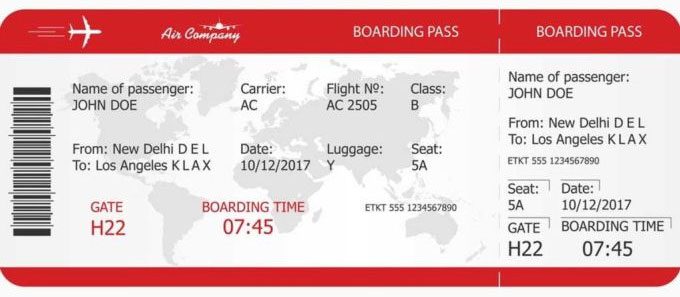In a survey conducted in the UK, one in every twelve people has been targeted by burglars after posting travel photos online.
British financial expert Holly Bennett advises travelers to exercise caution with information shared on social media, especially when traveling and tagging locations. This is akin to announcing to hundreds of people that your home is vacant, effectively inviting burglars to visit.

Sharing travel experiences is a passion for many. (Photo: News)
According to a survey in the UK, one in twelve individuals has experienced theft after posting pictures of their travels online. If you have insurance and file a claim for theft, the insurance company will review your case. If they find photos of your travels on social media, this could be a reason for them to deny your claim, as the theft may be perceived as negligence on your part.
The travel insurance company ABTA also warns: “Be mindful of what you write or the photos you share about your vacation. These can indicate that you are away from home.”
Additionally, posting images of your airline tickets on social media is also considered a high-risk action. Cybersecurity expert Lisa Forte explains that from the barcode on the airline ticket, malicious individuals can extract a wealth of personal information about the ticket holder. You could inadvertently reveal your date of birth, passport or ID card number, phone number, email address, ATM or credit card details, flight information, boarding time, departure airport, destination, and seat number through the PNR (Passenger Name Record).
PNR also displays any special service requests (SSR) such as meals, reasons for selecting or avoiding certain dishes, and your health status: disability, psychological issues, or medical conditions you disclosed when purchasing the ticket…
“For example, if you are a malicious individual and I am the victim. You know I am flying from London to Bangkok on British Airways. My return flight is next Monday. I am flying economy and have requested a vegetarian meal,” Lisa illustrates.

It’s advisable to avoid posting overly detailed personal information online. (Photo: Travel – Nine)
In this scenario, the malicious individual creates a fake email from the airline and sends it to the customer with content such as: “If you would like a vegetarian meal for your return flight, please click this link to order now” or “Your flight back to London is overbooked. As a valued customer, we would like to upgrade you to business class; please click the link below to take advantage of this offer.”
Many passengers fall victim to this scam, clicking on links that lead to websites designed to steal their information, resulting in dire consequences such as losing money or accounts. Posting your airline ticket is similar to sharing a photo while traveling; it signals to malicious individuals that you are not at home.
If you still wish to share your travel journey, it’s best to do so after you return home. Alternatively, you can set your privacy settings so that only friends can see your posts, rather than everyone.




















































